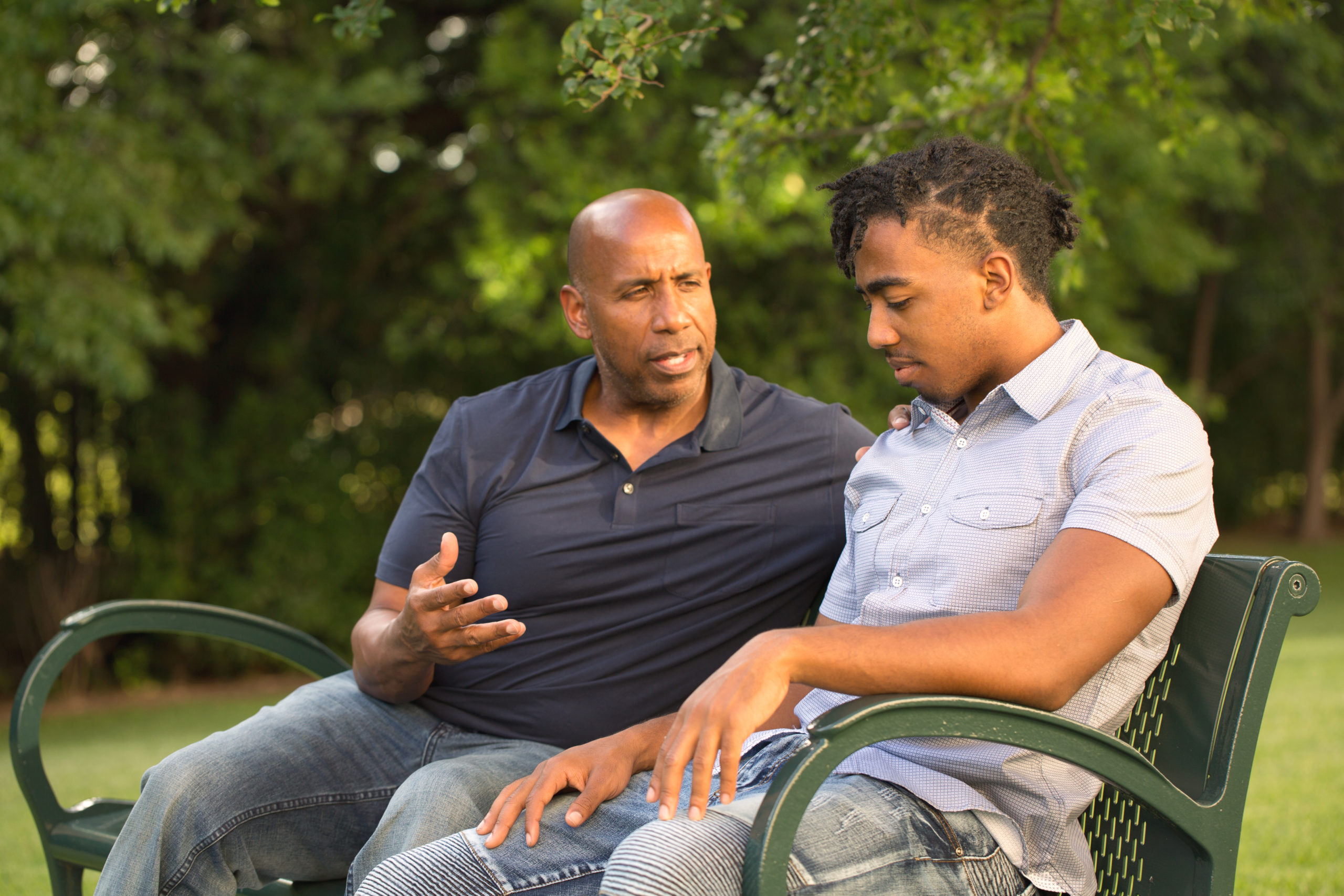Drug and alcohol addiction is a problem among many people, but drug addiction rates are statistically higher among males than females. Today, the gender gap of drug addiction continues to close – especially when it comes to adolescents. Having a son who battles drug addiction is one of the most painful situations parents can face. Many parents are at a loss for how to deal with a drug addict son. Regardless of his age, however, parents with a son battling addiction tend to feel devastated and overwhelmed, not knowing how to adequately help.
Read on to learn more about how to deal with a drug addict son.
Signs Your Child Is a Drug Addict
Several behavioral changes are significant indicators that your son might be battling addiction and is in need of drug addiction treatment.
Some of the most common behavioral signs (albeit this is not an exhaustive list) of drug or addiction include:
- Isolation or solitude
- Secrecy
- Doing things out of character
- Doing things out of character, like getting into trouble with the law
- Difficulty sleeping
- Changes in appearance
- Problems at work or school
- New challenges in communication
- Financial problems, often due to spending most of his money on drugs or alcohol
In addition to behavioral symptoms of drug addiction, there are also physical and mental signs of drug abuse you can watch for.
- Paranoia
- Lack of inhibition
- Increased sociability
- Lack of muscle control
- Memory problems
- Tremors (involuntary shaking)
- Euphoria
- Red eyes
- Difficulty thinking clearly
- Irritability or mood changes
- Dizziness
- Dilated pupils
- Sweating and chills
- Accidents or falls
How To Deal With a Drug Addict Son
There are several steps that are important when it comes to helping a drug addict son.
Educate Yourself
One important way parents can learn how to deal with a drug addict son is to learn more about addiction itself. Drug addiction is a chronic disease, meaning it doesn’t necessarily fully go away. Drug addiction is considered to be a relapsing brain disease, characterized by consistent and/or compulsive drug seeking and use, regardless of any adverse or harmful consequences.
Harmful changes to the brain occur when drugs and alcohol are consumed. They work by producing pleasure, triggering the brain’s reward system. This interrupts the natural flow of communication and messaging. When a person uses drugs or alcohol, this system is overstimulated, often from a buildup of dopamine. In turn, those battling addiction feel a rush feeling when craving a substance. The brain eventually rewires itself so it seeks this alternative way of experiencing rewarding feelings continually. It is important to understand that although the first time a person uses a particular substance, a person who battles drug addiction is no longer making a choice. Most people battling drug addiction cannot help these urges and fighting them alone is incredibly difficult. In fact, even addicts who are recovered can still spend their lifetimes fighting these feelings.
Do Not Enable the Addiction
Often in families with addicts, somebody becomes an enabler to the addict. Sometimes it is a sibling or parent who is willing to give money to the addicted son or to cover up for him when he needs it. Enabling is detrimental to the process of recovery. Most of the time the enabler is in denial about what is happening, merely wanting to protect their loved one while maintaining a good relationship. They may ignore the facts but denial will only make things worse. These thoughts and actions are only more harmful to the person needing help than helpful.
Seek Professional Help
The most significant way to help your drug addict son is to show him how and where he can get help. The extent of help and type of treatment can vary depending on which substances he is using.
Altitude Recovery is equipped to help your son with his battle with addiction. We offer evidence-based therapies combined with holistic remedies to develop personalized treatment plans that are crafted to help each client toward recovery. If your son is ready for help, we are waiting with open arms to gently guide him to healing and wellness. If you are unsure of how to talk to your child about his need for help, reach out to us for guidance. Do not waste another moment and please contact us today.




